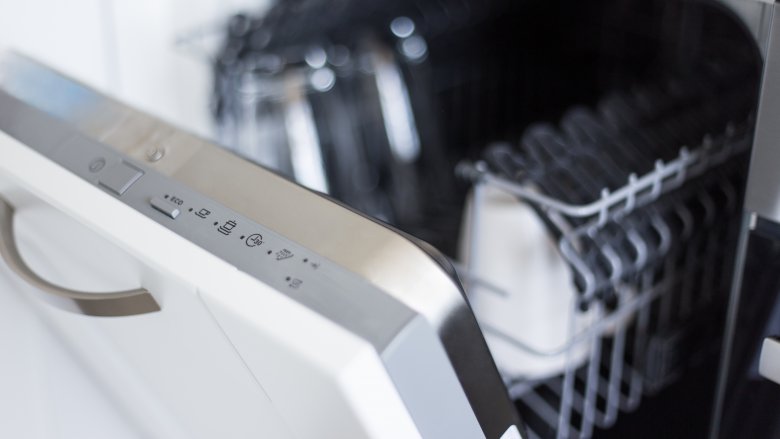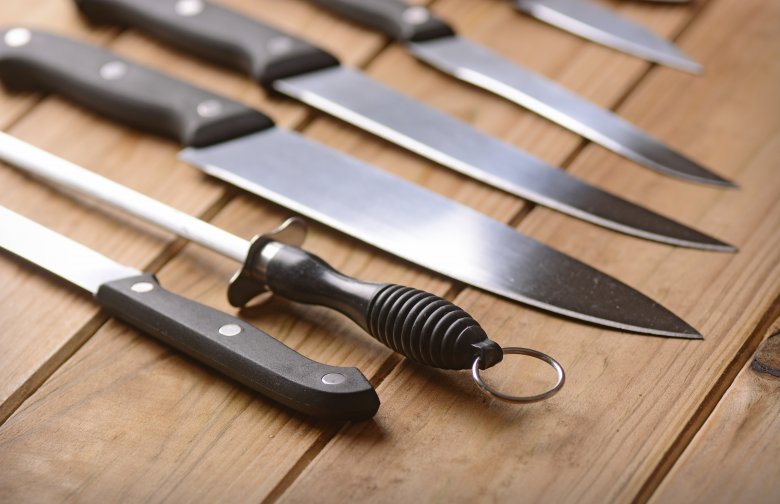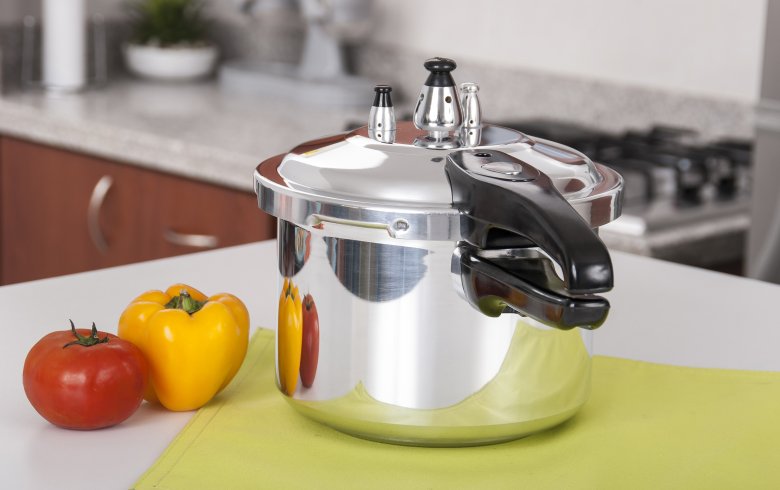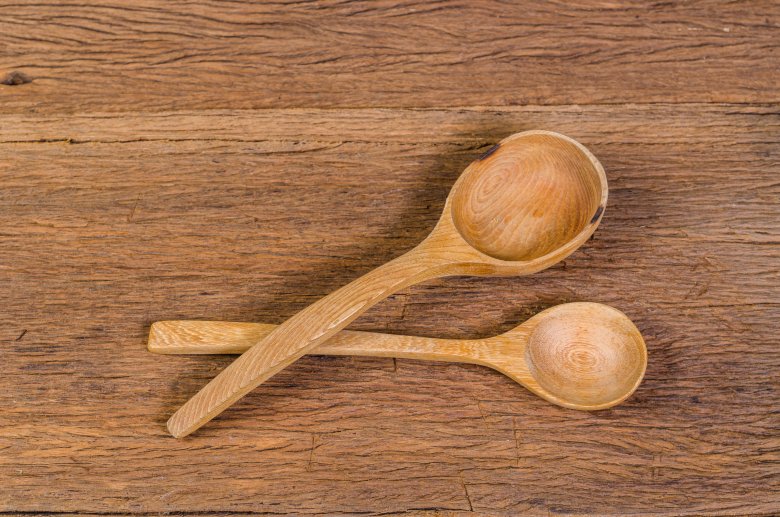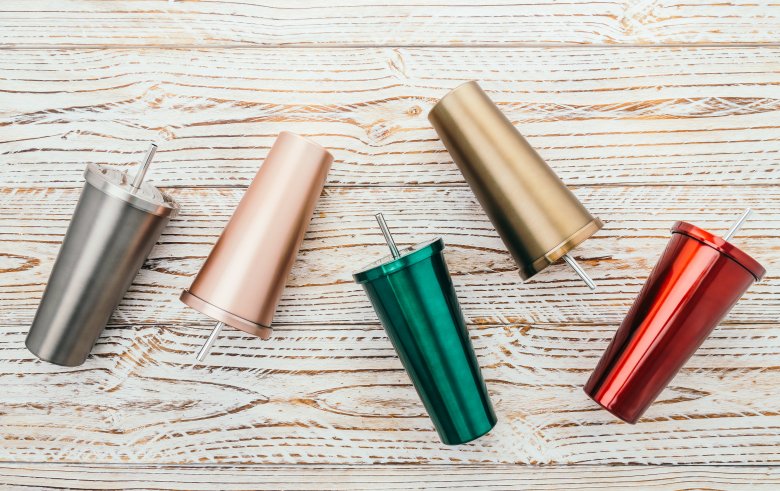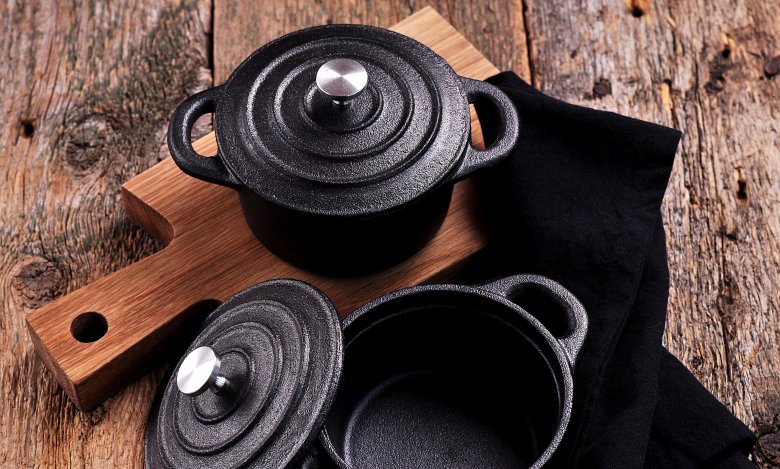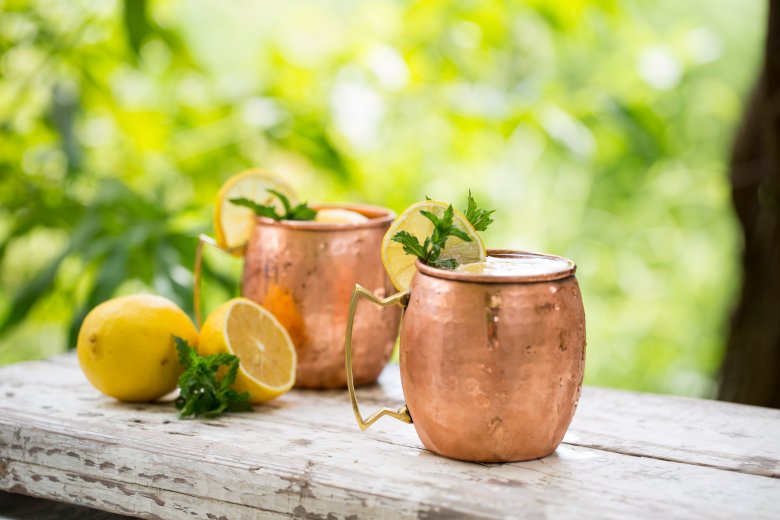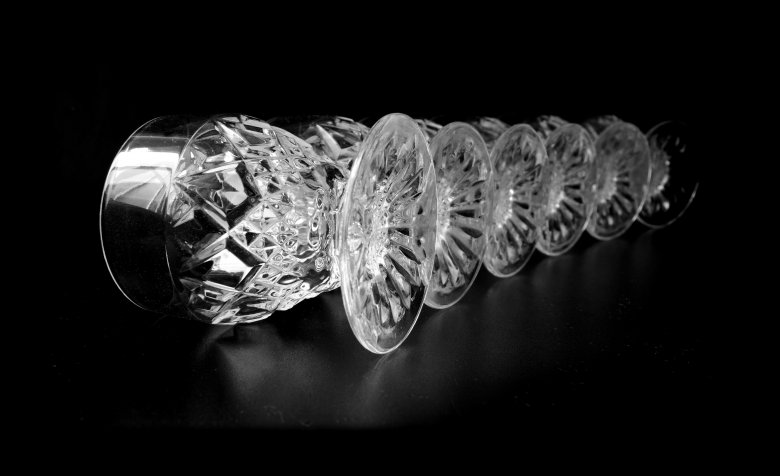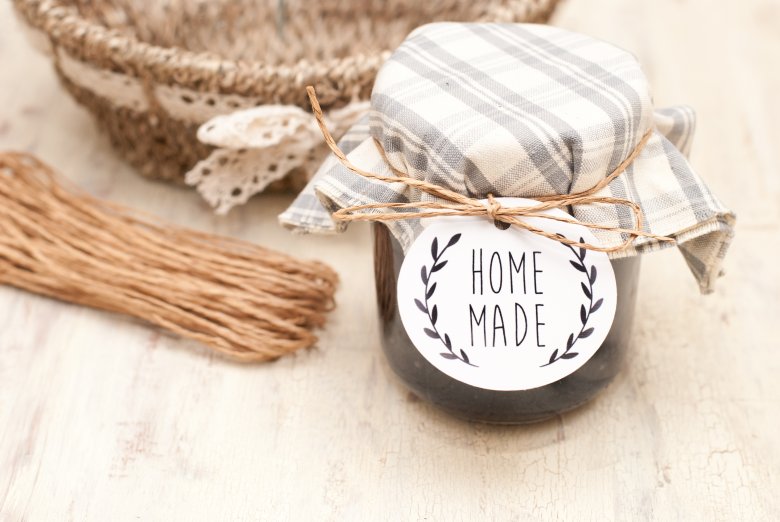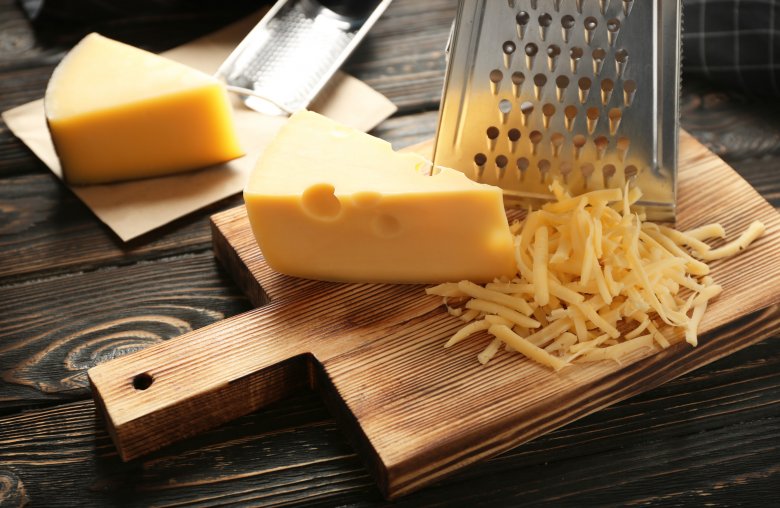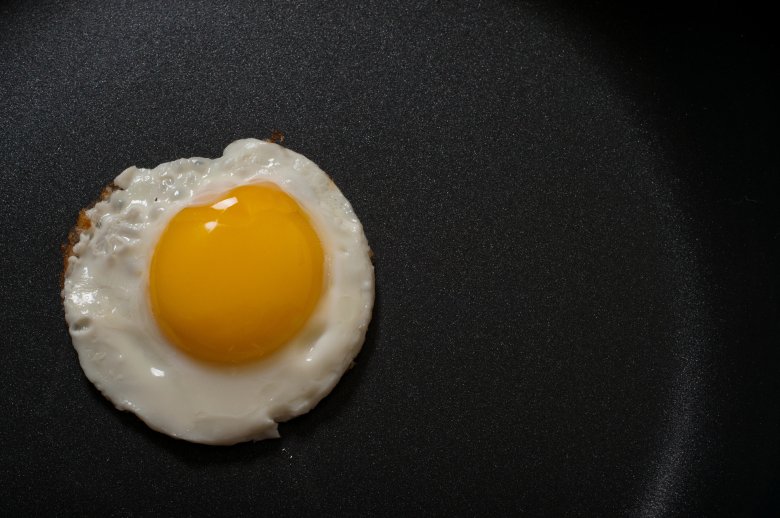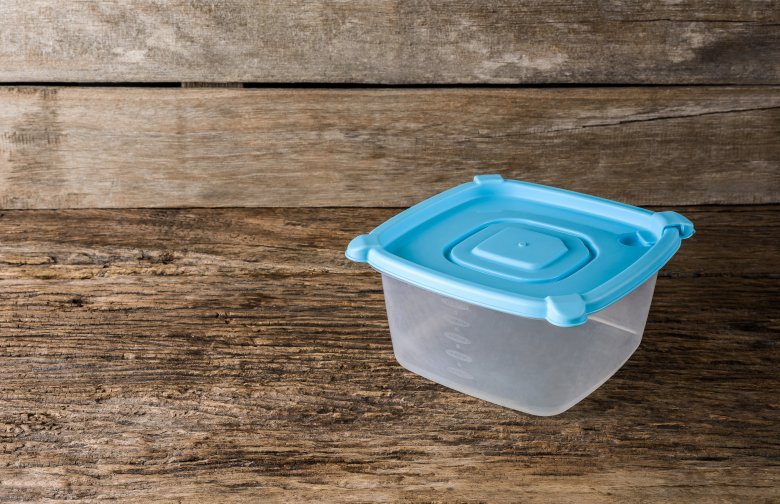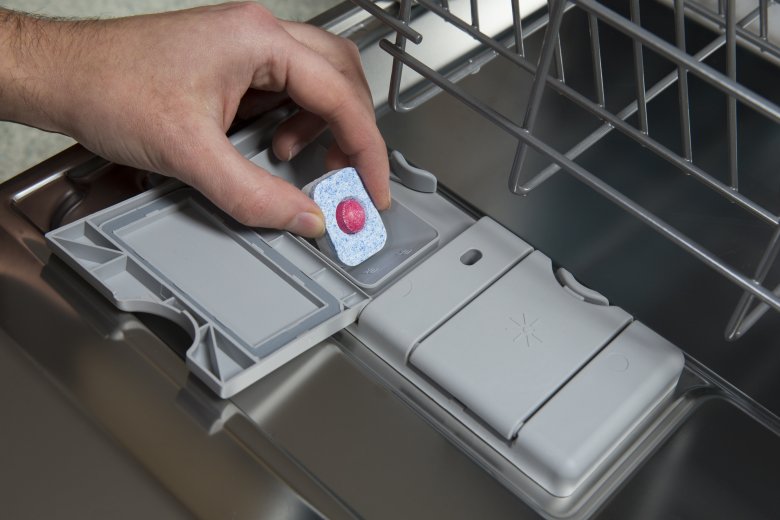Things You Should Never Put In Your Dishwasher
I just love our dishwasher. After living without one, I can truly appreciate how much time it saves me. Perhaps because I was so excited to finally have a dishwasher, I learned the hard way that there are many kitchen items that aren't meant to go through that wash cycle. I've done it all. I've carelessly thrown a lot of kitchen tools in there without a second thought. However, after speaking with some experts, I'm changing my ways.
Knives
If you own stainless steel knives, you know they're not cheap. So the last thing you want to do is damage them over time. Professional Organizer Ben Soreff said one way to avoid that is by not putting them in the dishwasher. "If you want to see a Wüsthof dealer flip out, tell her you put one of their knives in the dishwasher," he told me. Once your knives start to rust and become dull, there is no way to reverse the damage.
"Knives dull quicker when you wash them regularly in the dishwasher," Owner of Exclusive Repairs Appliances Repair Company Hristo Rosenov told me. "Some of the main reasons are the harsh ingredients in the dishwasher detergent that you use and the lack of special knife rack designed to protect them better."
Pressure cooker lids
Here's one that surprised me! I have always put our pressure cooker's lid in the dishwasher, but I will now be changing that. Whirlpool dishwasher expert Lucinda Ottusch told Today that when pressure cooker lids go in the dishwasher, small particles of food can get lodged in the safety valves. Old dishwasher detergent can get stuck too.
So if you're an Instant Pot lover, make sure to wash the lid in the sink with warm, soapy water. And here's another tip. Once it's clean, store the top away from the pressure cooker itself. If it sits in place on top of the pressure cooker, it could seal permanently!
Wooden utensils
As someone who regularly puts inappropriate items in the dishwasher, even I make sure to handwash my wooden spoons and cutting board. These items can often come in contact with bacteria from raw eggs during baking or slicing raw chicken. Placing them in the dishwasher can lead to a bacteria buildup. "Never put wooden utensils or cutting boards in the dishwasher," said Soreff. "The water can warp and crack them."
This is because the wood can't stand up to the dishwasher's heat. "The dishwasher's cycle may cause warping, cracking, and can dull the wood over time," explained Rosenov. "The boards become harder to use, because of the warping, and if any cracks form, they also become the perfect spot for bacteria and microbes to live."
Insulated mugs
Insulated mugs are pretty amazing. They can take a boring morning at work to a coffee house escape by keeping your brew nice and steamy. Because your insulated mugs do so much for you, don't ruin their magical abilities by throwing them in the dishwasher.
Any pitchers or glasses that are insulated are not meant to stand up to the heat of the dishwasher. Those high temperatures could break the vacuum seal and ruin the cup. Instead hand wash and dry them each time.
Cast iron pots
Many chefs and home cooks swear by their cast iron pots for cooking the perfect meal. Because these pots can go directly from the stove top to the oven, they're ideal for quick meals and brownie skillets. They're also easy to clean, so don't ruin the point of the cast iron pot by damaging it in the dishwasher.
"Cast Iron is the number one item we see with rust or removed seasoning, thus destroying the point of cast iron," Soreff told me. The dishwasher can permanently alter your cast iron pots, so it's better to take the time to wash them.
"The downfall of washing copper pans in the dishwasher is that they will eventually lose their shine. However, it's a bigger issue if you decide to clean your cast iron skillet the same way," explained Rosenov. "The dishwasher will rust your cast iron and will also remove the seasoning which prevents food from sticking and makes cleanup easier."
Copper mugs
If you're a fan of Moscow mules, then go ahead and buy yourself some dish washing gloves. The traditional copper mugs for this refreshing summer treat can become damaged and discolored in the dishwasher. "Real copper can be discolored due to the detergent," warned Soreff. Wash them by hand, then allow them to air dry before putting them back in the cabinet.
Crystal
If you actually use your crystal glasses, then good for you! Most of us haven't looked at them since our wedding day. I'll admit I've avoided using our crystal wine glasses when hosting holidays, simply because I didn't want a sink full of dishes that could not go in the dishwasher.
If you find yourself feeling fancy one weekend, break out that crystal, but know that you're going to have some cleaning to do. Ottusch told Today that some crystal can become permanently cloudy after going through the dishwasher. Make sure to wash it by hand each time.
Bottles with paper labels
If you have trouble throwing things away, because "it still works," then you may be the type of person who keeps used jars and bottles. That jelly jar can be reused, but before putting it in the dishwasher, make sure to remove its label. Any paper label can come off in the dishwasher, and those little pieces of paper can become lodged in the filter.
If you just can't get rid of a perfectly good jar, then try soaking it first to help the paper label loosen. Then scrape off as much as you can before placing it in the dishwasher. You could also just go buy some mason jars off Amazon if this is feeling like too much work.
Cheese grater
Cheese graters bring us so much happiness, don't they? There's nothing better than freshly-sliced cheese sprinkled over your favorite pasta or salad. However, that cheese can get stuck in the grater and won't come off in the dishwasher. It's best to wash your grater by hand with soapy water. Make sure to scrub each of the holes to make sure old cheese isn't sitting in there. If this feels like too much trouble, just remember that it's always worth it for fresh cheese.
Nonstick pans
Nonstick pans are amazing. I love seeing the cooked-on food and grease easily and effortlessly slide right off. To keep these pans working like the champs that they are, always wash them by hand. That nonstick finish is not meant for the high temperatures and shooting water of the dishwasher. It can start to come off over time.
Some nonstick pans may be labeled "dishwasher-safe," so always check. If you're not sure, just wash it by hand to be safe.
Anything plastic
There are some items you don't put in the dishwasher because they could be damaged, and then there are the items you shouldn't put in there because it's dangerous to your health. One of those dangerous items is anything plastic. "This includes plastic ladles, spatulas, Tupperware, and cups. The reason behind this is because plastic will release chemicals like BPA when heated, and the chemicals will get released in your home environment as soon as you open the machine and have a gust of post-dishwashing air release from the unit," nutritional chef and wellness counselor, Melissa Eboli, told me. "These chemicals are toxic to your health and heating plastic of any sort should be avoided at all times. Plus, it will likely melt or shrink once heated, and most modern washing machines do not dry plastic when they are used in a dishwasher anyway." Make sure to hand wash your plastic items to be safe.
Dishwasher detergent
Wait, soap made specifically for the dishwasher should not be placed in the dishwasher? Well, it depends on how worried you are about chemicals. Some experts believe that dish washing liquid soap should be avoided, because of the chemicals involved. There are natural alternatives, so look into the right soap that you feel good about.
"As much as you want sparkling glasses, that awesome dishwasher liquid is toxic when heated. If you have allergies, asthma, or any autoimmune disease you should avoid conventional cleaners," Dr. Elizabeth Trattner, A.P., D.O.M. told me. "I always have patients switch to nontoxic healthy alternatives. Natural food markets have many good alternatives."
